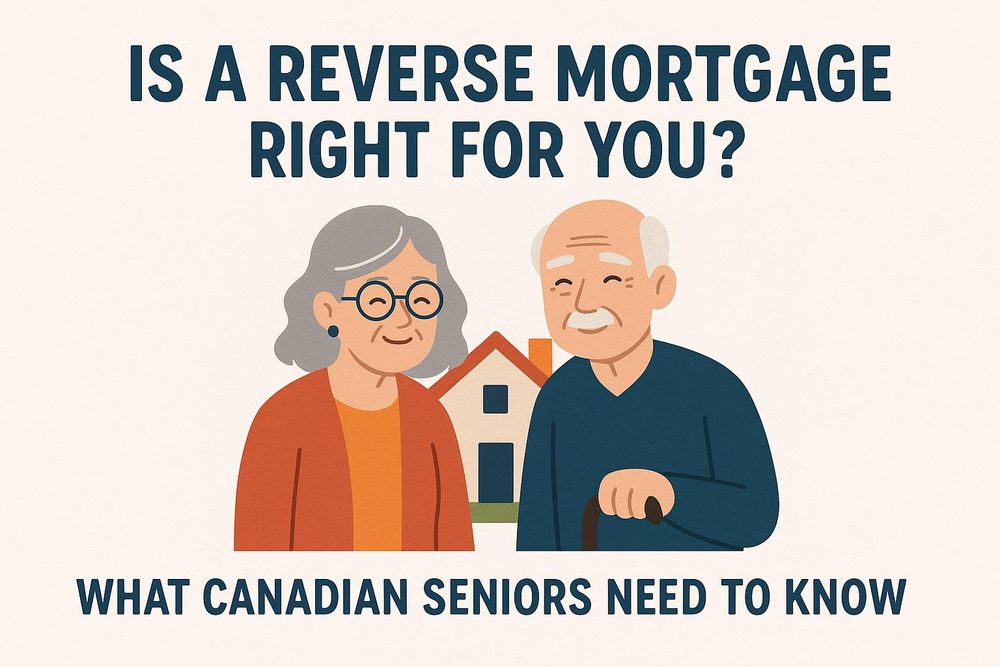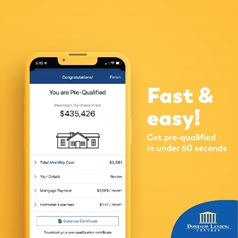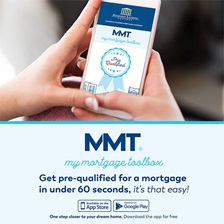Is a Reverse Mortgage Right for You? What Canadian Seniors Need to Know

If you're a Canadian homeowner aged 55 or older and considering how to make your retirement years more comfortable, you've likely come across the term "reverse mortgage." Over the past few years, more and more seniors have turned to this financial tool as a way to unlock the equity in their homes without selling or downsizing. But is it the right option for you?
As a Mortgage Broker and Credit Specialist with Dominion Lending Centres—and someone who works with clients across British Columbia, from Victoria to Nanaimo—I’ve helped many seniors explore reverse mortgage solutions. In this post, I’ll walk you through what a reverse mortgage is, how it works, its pros and cons, and when it might make sense for your situation.
What Is a Reverse Mortgage?
A reverse mortgage is a type of loan that allows homeowners aged 55 or older to borrow against the equity in their home. Unlike a traditional mortgage where you make monthly payments, with a reverse mortgage, the lender pays you—either as a lump sum, monthly installments, or through a line of credit.
The loan doesn’t need to be repaid until you sell your home, move out, or pass away. At that point, the loan amount (plus any interest) is repaid from the proceeds of the home’s sale.
Why Do Seniors Consider Reverse Mortgages?
Many of my clients on Vancouver Island and across British Columbia come to me with one main concern: they want to enjoy retirement without financial stress, but they’re living on a fixed income. Their home may be their biggest asset, yet it’s not liquid.
A reverse mortgage can help:
-
Supplement your retirement income
-
Cover unexpected medical or care costs
-
Help with renovations or aging-in-place upgrades
-
Support adult children or grandchildren financially
-
Clear up existing debt or a traditional mortgage
With over 100 lending options—including credit unions and trust companies—I can help ensure you’re getting the right product for your unique needs.
How Much Can You Borrow?
The amount you can borrow depends on a few key factors:
-
Your age (and your spouse’s age, if applicable)
-
The appraised value of your home
-
The location and type of property
-
Your home equity (you typically need at least 50% equity)
In most cases, the older you are, the more you’ll be able to borrow. The goal is to ensure you can comfortably stay in your home for many years to come—without running out of equity too soon.
The Pros of a Reverse Mortgage
Here are some of the key benefits I highlight for clients:
1. No Monthly Payments Required
One of the biggest advantages is that you don’t need to make monthly payments. This can free up your budget to enjoy life, travel, or simply reduce stress.
2. Stay in Your Home
You remain the owner of your home. As long as you keep up with property taxes, insurance, and maintenance, you can stay in your home indefinitely.
3. Tax-Free Funds
The money you receive is tax-free and doesn’t affect your Old Age Security (OAS) or Guaranteed Income Supplement (GIS).
4. Flexibility
You can receive the funds however it works best for your situation: as a lump sum, in regular installments, or as a line of credit you draw on when needed.
The Cons to Consider
Of course, no financial product is perfect. Here are a few downsides to weigh:
1. Interest Accumulates Over Time
Because no payments are made, the interest compounds over the years, and your home equity shrinks. This means less inheritance for your children or beneficiaries.
2. Fees Can Apply
There are some upfront fees for setting up the reverse mortgage—like legal fees, appraisal, and administrative costs. I always ensure my clients are aware of these ahead of time.
3. Not Ideal for Short-Term Needs
If you’re planning to sell your home in a few years, a reverse mortgage may not be the best option, as the setup costs may outweigh the benefits.
When Does a Reverse Mortgage Make Sense?
A reverse mortgage can be a smart strategy if:
-
You’re “house rich but cash poor”
-
You want to retire in place without downsizing
-
You’re managing health expenses, renovations, or debt
-
You want to maintain independence and financial flexibility
I often tell my clients this isn’t about just borrowing money—it’s about unlocking peace of mind. If you're not ready to sell your home or give up your lifestyle, but your income isn’t enough to support your goals, a reverse mortgage may be the key.
How I Can Help
With more than 80 five-star reviews and recognition as a top 10% mortgage advisor in Canada, I work for you—not a bank. My job is to help you understand your options, compare lenders, and negotiate the best possible outcome for your future.
Because I work independently through Dominion Lending Centres, I’m not limited to one bank’s products. I have access to over 100 lenders, including the major institutions and trusted alternative options. That means you’ll get a truly customized solution—not a one-size-fits-all offer.
Ready to Explore Your Options?
A reverse mortgage isn't right for everyone, but it can be life-changing for the right situation. If you're curious whether it makes sense for you or a loved one, I’d love to help.
Let’s have a conversation about your goals, your equity, and what tools can support your financial freedom—without pressure or obligation.
Book a consultation or call me today to get started.
Together, we’ll find the right path forward for your retirement.

